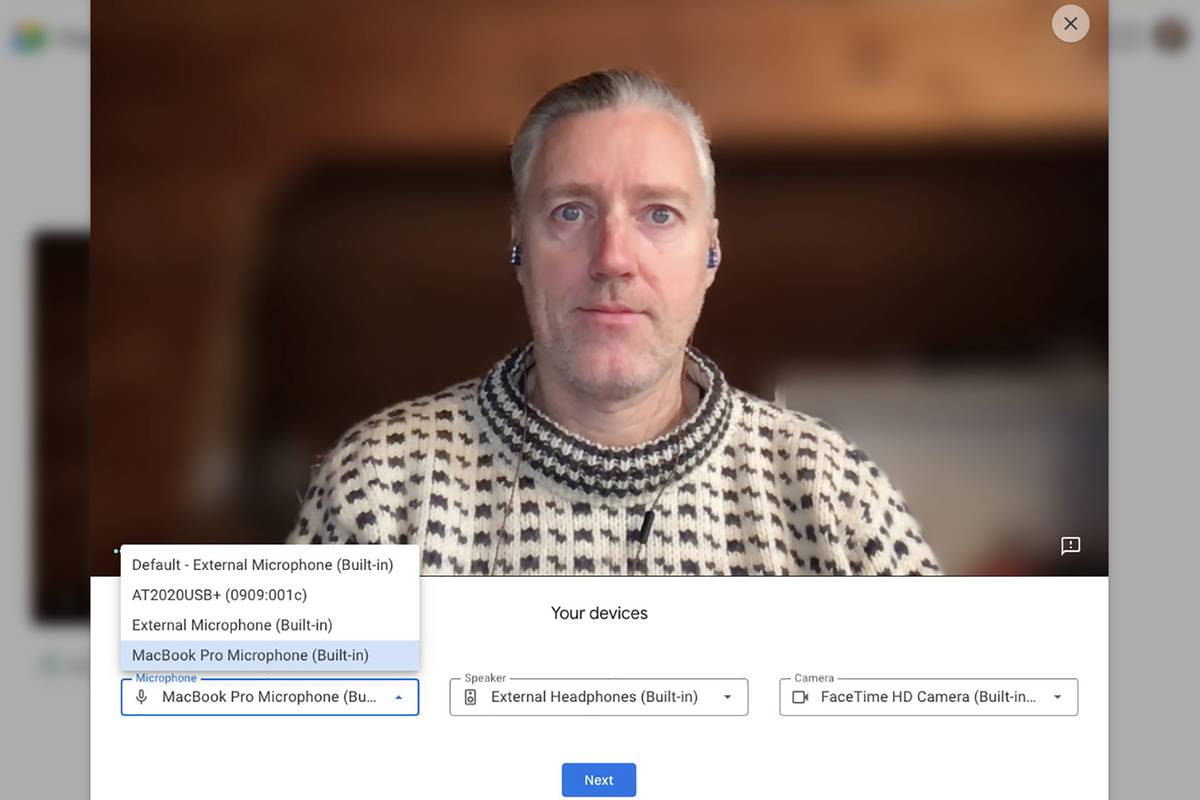Photo by Lorenzo Di Cola/NurPhoto via Getty Images
Wikipedia’s become the latest platform to introduce a code of conduct, aimed at stamping out misinformation and harassment.
The new rules are based on existing policies, and were created, says Wikipedia, by more than 1,500 volunteers from 19 different Wikipedia projects representing five continents and 30 languages.
“The Universal Code of Conduct marks an important step in the evolution of our mission to create a welcoming, safe, and inclusive environment for our contributors, and a more open and powerful movement for free knowledge,” says María Sefidari, chair of the board of the Wikimedia Foundation.
“In order to build effective guidelines, we collaborated closely with our global volunteer communities to learn their challenges and discuss ways to address them. The final code codifies their ideas and feedback in order to improve equal access to knowledge around the world.”
The code bans all the usual suspects: insults, sexual harassment, threats, doxxing and trolling – as well as abuse of power and content vandalism.
“Our new universal code of conduct creates binding standards to elevate conduct on the Wikimedia projects, and empower our communities to address harassment and negative behavior across the Wikimedia movement,” says Katherine Maher, CEO of the Wikimedia Foundation.
“Through this effort, we can create a more welcoming and inclusive environment for contributors and readers, and a more representative source of knowledge for the world.”
The site recently celebrated its 20th anniversary, and now holds more than 6.2 million English-language articles alone. It’s accessed by around 1.5 billion unique devices from around the world, and has around 280,000 editors.
It’s generally been a friendly place, although some editors, particularly women, have reported harassment. A 2019 report from the Information School at the University of Washington found that many female editors felt unsafe and that some had received death threats.
The aims of the new code of conduct are, of course admirable. However, as platforms from Twitter to Parler have found, putting such rules into practice can be tricky.
And Wikipedia hasn’t yet decided how it intends to implement the code, saying it now plans a consultation on how local and regional projects can determine responsibilities and establish enforcement strategies. It hopes to finalize a proposal on enforcement by June this year.


/https://specials-images.forbesimg.com/imageserve/601a83c055d044787dcb9bcd/0x0.jpg)










